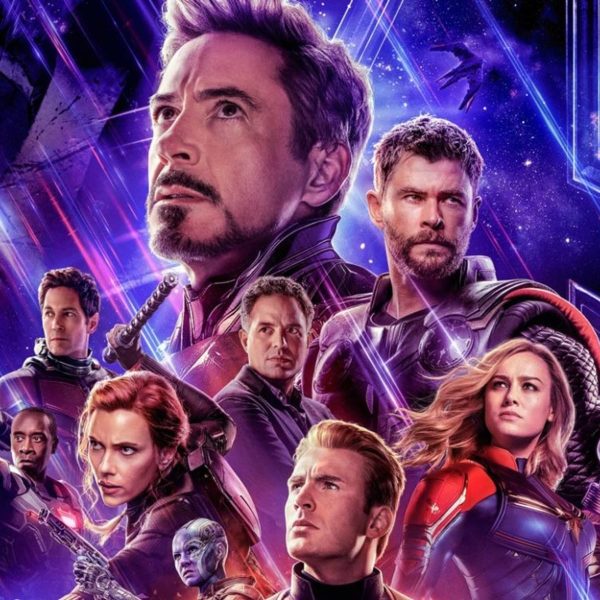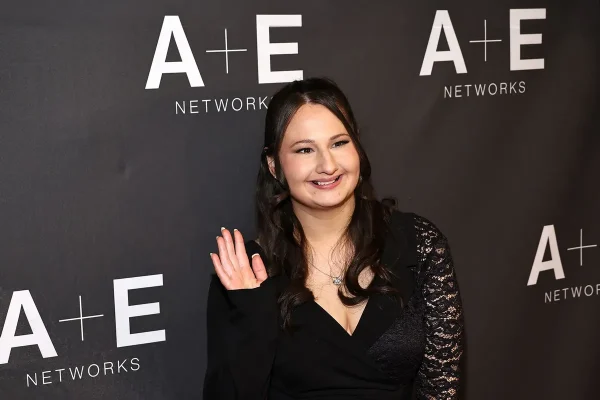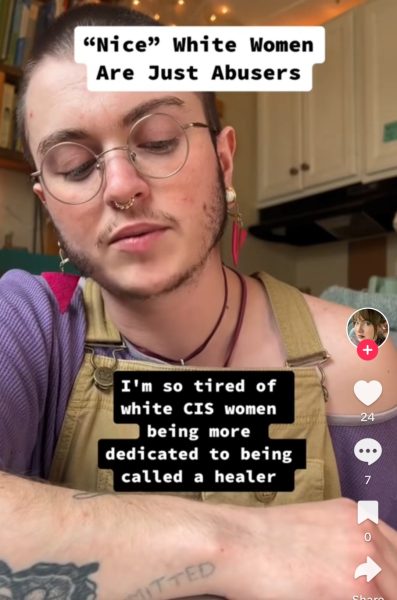Humans have the potential to unite despite differences
In 1954, a group of eleven boys were invited to an Oklahoman camp called Robber’s Cave.
These boys did not know each other initially, but they bonded through typical camp games during the course of the week.
They were quick to become friends; they even called themselves the “Rattlers.” However, they started to notice that there was a second group of twelve-year-old boys at the same camp.
The other boys were quite similar to them: they had come in as strangers, bonded over camp, and were now close friends. They called themselves the “Eagles.” Each group had a distaste for the other, and they began to complain to the camp counselors about the “other” group.
The camp counselors, who were actually research psychologists, were delighted.
They constructed a series of competitions between the two groups. In no time, the groups fueled their mild dislike into burning hatred. This came in the form of verbal aggression, fistfights, and even damaging the other group’s cabin.
In my years of psychology class, I read about countless abhorrent events, each explained by both the group and social psychology. From cold, heartless murders to the virulence of groupthink, I wondered how–and if–pure, good qualities in humans even existed.
Then, I learned about altruism and cooperation.
We didn’t merely survive; along the way, humanity created so many cultures and endured such a rich history. It’s our turn to write our own story.
The science behind altruism is complex, and there are certain areas of social psychology and group dynamics to be addressed. Our identities are found in the social roles we occupy and the social scripts we execute.
Our beliefs, attitudes, and behaviors are determined by the way our groups think–and by our desire to fit in with them. In this way, group polarization can lead to dangerous in-group/out-group biases, social stereotypes, prejudice, and even discrimination.
Just as the boys of Robber’s Cave were ready to go Lord of the Flies on each other, the camp counselors switched things up.
Rather than encouraging competitive games, the counselors took these same two groups and gave them new tasks. These tasks required cooperation between the two groups: pushing a stalled food truck to their camp, building tents with incomplete sets of equipment, and moving a log deemed dangerous to the camp.
The two groups, the Rattlers, and the Eagles, formed intergroup bonds so strong that they practically merged into one collective group. These boys, who had so vehemently hated each other, became closer friends than one could ever imagine.
All it took was a series of tasks that encouraged teamwork instead of hatred.
The human species is definable by three things: a larger-than-average brain, the dexterity of opposable thumbs, and our freedom to make decisions based on logical thought rather than sheer instinct. We are compassionate creatures.
Now, more than ever, we need to get in touch with our humanness and fight for what we believe, as a collective whole.
Back in the Paleolithic Era, hominids could only occupy the most temperate lands of the planet; look where we are now. Beginning after the last Ice Age, humans started to fight back against the harsh climates. They learned from their mistakes and adapted as need be.
The discovery of fire, invention of clothes, and use of huts aided in raising survival rates. Charles Darwin’s theory of natural selection showed that living things will weed out the weak to ensure further life.
Humans must be quite the anomaly then. We have an inner drive to not merely survive but to thrive as well. We are the only species that has purposely changed our surroundings to turn disadvantages into advantages, sickness into vaccine, crisis into peace.
Humanity’s potential is vast beyond belief and imagination.
In the Chinese language, many people refer to little ants as “one as strong as Hercules.” It’s more of a metaphorical relationship; if someone were to be asked what animal most resembles Hercules, their answer will likely be the ant.
Such a small insect has the ability to withstand pressures up to 5,000 times its own weight. This phenomenon is nature’s miracle of flexibility and adaptation. Rather than stopping at what we think are our own limits, we can unlock hidden doors within us to go further.
The flexibility of group dynamics is what gives hope to psychologists.
Two opposing groups can become friends just as easily as they can go to war with each other. It’s about being open to new possibilities and new alliances, even new friendships.
If the Robber’s Cave boys could do it, why can’t we? Why can’t different racial groups look past skin color? Why can’t different religious groups bond over discussion, rather than anger? Why can’t different countries endorse mutual respect?
We need to know that our potential to unite and create change is greater than we could ever fathom. Humans were put on this planet through trial and error–eras and eras of ever-changing climates and landscapes–yet we survived through it all. We didn’t merely survive; along the way, humanity created so many cultures and endured such a rich history.
It’s our turn to write our own story.
While some parts of social psychology reveal the ominous dangers of human group dynamics, other aspects give a sliver of hope into the innate goodness of people and the ability for humans to come together behind a shared goal.
We could all learn a little something from these 12-year-old boys after all.

Irene is a senior who loves linguistics, long runs, and laughter. She also enjoys airports, thunderstorms, and long drives to the middle of nowhere.
























































































